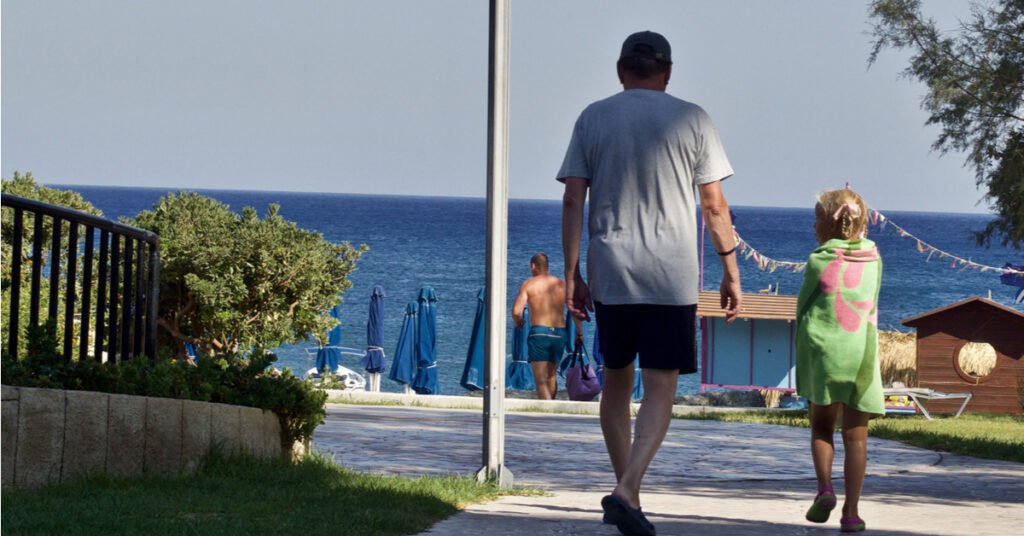How Child Custody Is Determined in NJ?
Divorces and legal separations can be traumatic and difficult things for anybody. Still, for parents or other family members expecting a legal battle over the custody of a child, they can become incredibly intense. If you’re unsure about how custody law for your child operates in the state of New Jersey, then this guide covers the essential facts you need to know.
Here’s how New Jersey’s legal code protects the interests of children and their parents during divorce and other legal separation proceedings.
Some Basic Definitions
We need to clarify a few basic definitions that apply throughout the NJ child custody law as a starting point. These define the essential custody types that exist in New Jersey:
Physical vs. Legal Custody
Physical and legal custody are two highly separate legal definitions under NJ law. Legal custody is defined as a parent’s authority to make significant choices around their child’s life. These might include health, education and welfare and living choices. Thus, deciding where a child can live, where they can go to school or if they receive religious instruction or not are all issues that revolve around legal custody.
On the other hand, physical custody is where a child lives after the parents have separated.
In both joint and physical custody cases, individual parents might be allowed either joint or sole custody.
Joint Custody
Joint custody sorts out the specific details of how both parents participate in their child’s life. It can include fully shared custody -often called 50/50 custody- or it can mean an arrangement in which a child lives primarily with only one parent but with the other parent having a legal right to intervene on major life decisions.
Sole Custody
Sole custody is a bit simpler than joint custody because it defines a situation in which one parent is the only legally allowed guardian of their children in particular ways or all decisions. Judges decide how much custody is given to one parent over the other based on how fit or unfit the other parent can be, and by asking children themselves about what they’d like, but usually only if they’re older than the age of 12.
How NJ Law Mixes and Matches Legal, Physical, Joint and Sole Custody
For both physical and legal custody, the family court in New Jersey can decide that either one is granted sole or joint custody. So, for example, these would be the significant possible outcomes:
Joint Legal Custody
When both parents have joint legal custody, it means that they both have the right to decide on major life decisions for their children. In certain things, they might share legal custody and others no, but at least one or more major life decisions will have to be decided by mutual agreement. An example of this would be one parent being the one who makes educational decisions. At the same time, the general place of residence, such as the city or town that the child lives in, is decided only by mutual agreement.
Courts and judges generally prefer this outcome of custody proceedings above all others. It’s the most common and the most frequently sought after by both families and courts.
Sole Legal Custody
When one parent has sole legal custody of their children, they have the right to make all major decisions about the child’s life without the other parent’s consent. Overall, however, sole legal custody is rarely aimed for by courts because it goes against the grain of offering a child an opportunity for a complete parental life with both parents present. Instead, it’s most common in situations where one parent is found to be highly unfit or unavailable.
Joint Physical Custody
This is essentially the same as shared parenting and covers a broad spectrum of situations where parents make living arrangements for how their children spend time with each other. These arrangements can be made legally binding with court intervention, or they might be informally kept according to the mutual agreement of both parents. For example, a child might spend their weekends with their mother and weekdays with their mother, or vice versa.
A legally important consideration for joint physical custody is whether a child spends more than 50% of their overnight time with one parent or the other in a year. If they do, this parent becomes their Parent of Primary Residence, or PPR, under NJ family law. The other parent is then the Parent of Alternative Residence or PAR. Which one of these a parent becomes is vital for when the courts establish child support payments. Legally defined Joint Physical Custody isn’t as common as joint legal custody because perfectly defining time spent with each parent can be complicated and variable.
Sole Physical Custody
When it comes to sole physical custody, one parent spends most of their time living with their child. The other parent can only have or allow visitation times of less than two overnight stays per week. In this case, the other parent is called the non-custodial parent under NJ family law, and they often only have visitation rights. In many sole physical custody situations, the non-custodial parent has no legal custody. However, these arrangements are rare, and courts try their best to create custody agreements in which both parents have as many rights as possible.
Contact Family Law Experts to Defend Your Custody Rights Firmly.
New Jersey’s laws also allow courts to create numerous variations of the above basic custody agreements. Ultimately, these are made in children’s best interest and based on how economically, emotionally and physically fit each of their parents is for care. However, they can also be influenced by the presence of qualified, expert legal counseling. If you’re undergoing custody difficulties of your own, Dalena & Bosch offers a full-service family law firm with decades of experience in all aspects of child custody and other family law crisis points.
